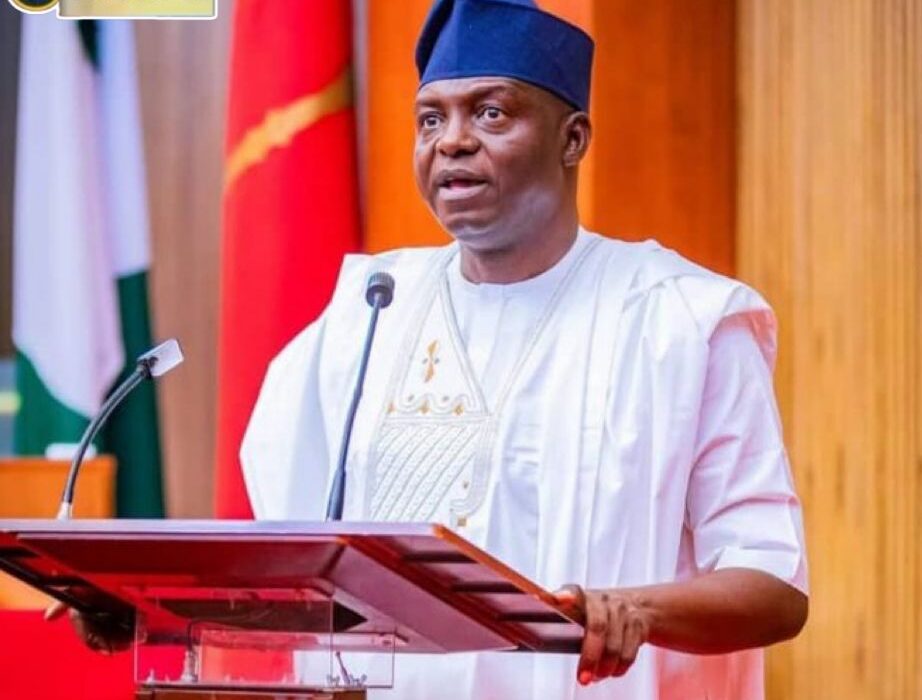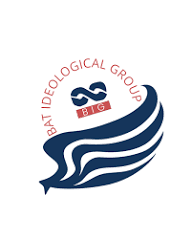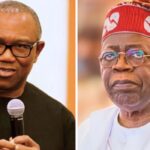2027: Yilwatda’s Background as REC a Strategic Boost for APC, Says Lalong

As Nigeria gears up for the 2027 general elections, former Plateau State Governor and serving Senator, Simon Bako Lalong, has identified Professor Nentawe Yilwatda’s previous role as a Resident Electoral Commissioner (REC) as a major advantage for the ruling All Progressives Congress (APC).
Speaking in Jos during a media interaction, Lalong said that Yilwatda’s tenure as REC in Benue State from 2017 to 2021 gave him in-depth insight into Nigeria’s electoral processes—an experience that will serve the APC well as it prepares for another critical election cycle. “Professor Yilwatda brings to the table a unique perspective,” Lalong stated. “He is not only a technocrat with vast administrative knowledge, but he also understands the internal workings of the electoral system. This is not something you learn overnight; it is earned through service and commitment to public institutions.” Lalong stressed that the party must begin to embrace leaders who offer both intellectual depth and practical governance experience. He noted that in a rapidly changing political climate, technical know-how and institutional experience are just as important as grassroots popularity or traditional political credentials. He said, “We are moving into a new political era where strategic thinking, familiarity with the electoral terrain, and innovative leadership will be key determinants of success. Yilwatda’s past as a REC gives him a strong advantage in understanding voter patterns, electoral logistics, and policy implementation. These are all critical elements as we position the APC for victory in 2027.” Yilwatda, who contested the 2023 Plateau governorship election under the APC platform, was recently appointed the party’s National Chairman. His emergence has been widely viewed as a signal of President Bola Tinubu’s intention to rebrand the party by placing more emphasis on technocratic and reform-minded leadership. According to Lalong, Yilwatda’s appointment is not only well-deserved but also timely, as the party seeks to rebuild trust, especially among younger voters, women, and professionals who have grown increasingly disillusioned with mainstream politics. “His leadership is a breath of fresh air,” Lalong added. “He has the capacity, the knowledge, and the character to move the APC in the right direction. The party under his guidance will not only be more organized but will also be more strategic in approaching future elections.” Political analysts have also echoed similar sentiments, arguing that Yilwatda’s background gives the APC a competitive edge. His familiarity with electoral operations—from voter registration to ballot logistics—offers the ruling party a nuanced understanding of the Independent National Electoral Commission (INEC)’s framework and expectations. Lalong also urged party stakeholders at both the national and state levels to rally around Yilwatda, describing unity within the APC as essential to overcoming political challenges ahead of 2027. He emphasized that success would require collaboration, discipline, and the willingness to embrace a forward-thinking agenda. “With 2027 on the horizon, the APC cannot afford to be complacent. We need experienced, strategic minds to lead the way. That’s why I firmly believe that Professor Yilwatda’s background—especially his years as REC—will help shape a winning strategy for our great party,” Lalong concluded. As political campaigns begin to take shape, Yilwatda’s leadership will likely play a pivotal role in determining the APC’s internal cohesion, candidate selections, and overall electoral strategy. His ability to blend technocratic governance with political ambition positions him as a central figure in the party’s future.









